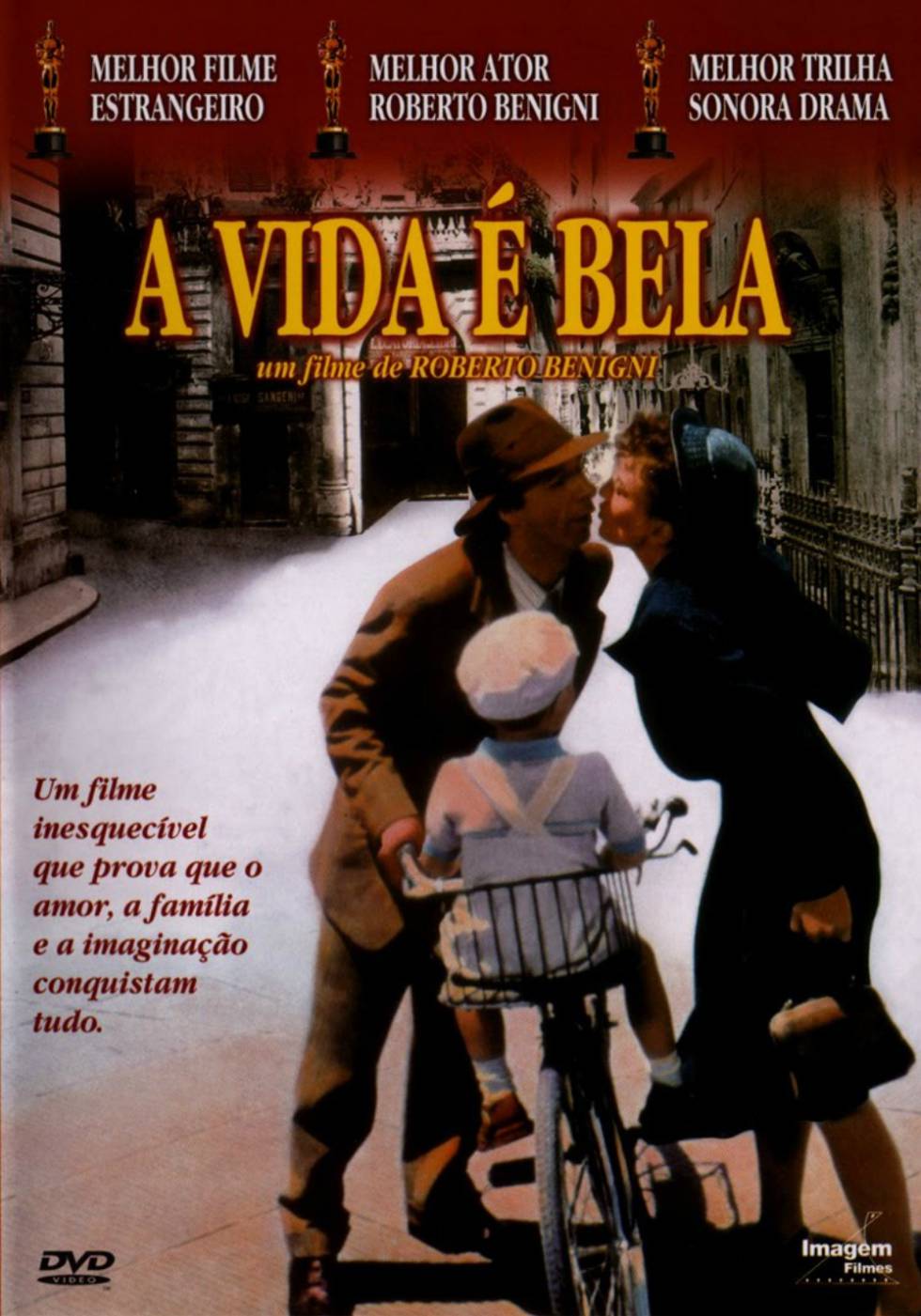
McMurphy has a criminal past and has once again gotten himself into trouble and is sentenced by the court. To escape labor duties in prison, McMurphy pleads insanity and is sent to a ward for the mentally unstable.
Nov 19, 1975 The opening shot of ONE FLEW OVER THE CUCKOO'S NEST is a bleak glance at an Oregon morning. Stirring, haunting music plays gracefully on the soundtrack and a car approaches. Inside the car is one of film history's most remarkable characters.
Once here, McMurphy both endures and stands witness to the abuse and degradation of the oppressive Nurse Ratched, who gains superiority and power through the flaws of the other inmates. McMurphy and the other inmates band together to make a rebellious stance against the atrocious Nurse. 'One Flew Over the Cuckoo's Nest' (1975) is a film you'll appreciate more as you mature. I saw it a few times when I was younger and, while I thought it was good, I didn't 'get' a lot of the insights the film conveys. Viewing it again recently, I 'got' it. Set in the early 60s, the story involves R.P.
Jetzt helfe ich mir selbst vw polo 6n download free. Learning Standards. Sent to a boarding school in Ancelstierre as a young child, Sabriel has. VW LT 28 / 35 / 46 (Reparaturanleitungen) PDF Download with nonfiction texts to support learning and meet Ohio s New.
McMurphy (Jack Nicholson) and his arrival at a mental institution in Salem, Oregon (where the film was shot). He plays the 'mental illness' card to get out of prison time, thinking it'll be a piece of cake, but he's wrong, very wrong. Everything appears well at the hospital and Nurse Ratched (Louise Fletcher) seems to be a benevolent overseer of McMurphy's ward, but there are sinister things going on beneath the surface. The movie criticizes the way institutions deal with mental illnesses.
Their 'therapy' is futile and only makes the patients dependent on the institution itself, thereby creating its need for existence (at the taxpayer's expense). McMurphy is a threat to the establishment and therefore must be 'dealt with.' A lot of people criticize the film by suggesting that Nurse Ratched 'isn't that bad' or that 'she was only trying to do her job', etc. I had the same reaction the first couple of times I saw it. This reveals an aspect of the film's brilliance: Ratched's malevolence is so subtle that the filmmakers allow the possibility for complete misinterpretation.
Yes, from an administrative point of view, she seemingly does a good job, she's authoritarian without being sadistic, and she cares for the residents as long as they follow the rules (more on this below). Yet she is absolutely demonic as a robotized arm of a dehumanizing system. She maintains the residents in a state of oblivion and marginalization; they are deprived of their dignity because the system sees them as subhuman.
The filmmakers and Fletcher make Nurse Ratched a more effective antagonist by showing restraint. Compare this to, say, Faye Dunaway's portrayal of Joan Crawford in 'Mommie Dearest,' which pretty much turned her into a cartoon villain. Ratched isn't such an obvious sadist, yet she uses the rules to tyrannize the men and reduce them to an almost infantile state of dependency and subservience. Her crowning achievement is Billy Bibbit (Brad Dourif). McMurphy, despite his obvious flaws, is the protagonist of the story. Although he's impulsive and has a weakness for the female gender, which got him into prison in the first place, he has a spirit of freedom and life.
His problem is that he needs to learn a bit of wisdom; then he can walk in his freedom without causing unnecessary harm to himself and others. Nurse Ratched, on the other hand, represents legal-ism, which is an authoritarian spirit obsessed with laws or rules. This is clearly seen in the World Series sequence: Even though McMurphy gets the final vote he needs for his ward to watch the Series Ratched refuses to allow it on a technicality. When McMurphy then PRETENDS to watch the game and works the guys up into a state of euphoria, Ratched reacts with sourpuss disapproval. Deer hunting usa arcade. That's because legalism is the opposite of the spirit of freedom, life and joy.

Legalism is all about putting on appearances and enforcing the LETTER of the law (or rule). The problem with this is that 'appearances' are not about reality and, worse, 'the letter kills.' Despite his folly and mistakes, McMurphy does more good for the guys in his ward than Ratched and the institution could do in a decade.